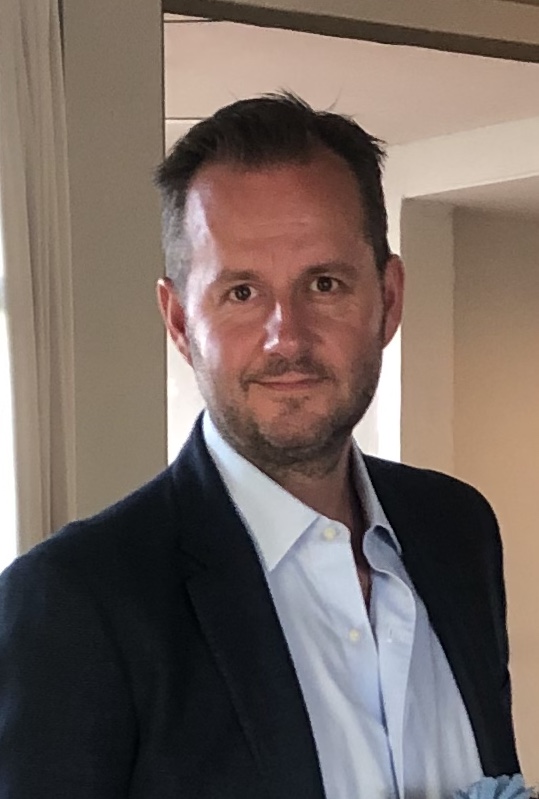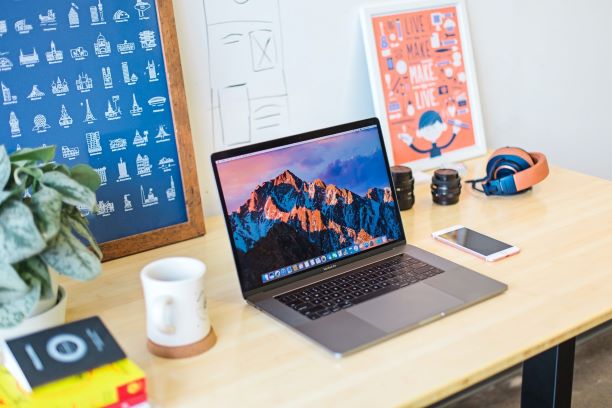Up until now, working from home and remote working has functioned well for some companies and managers, while for others it was only a term or cool thing they offered to their employees, but weren’t actually really prepared for.
In general the term “flex-work” has been surrounded by, and associated with actions often experienced as negative; obligatory check-ins, controls, (mis-)trust issues, tools to manage(check) people remotely, challenges to disconnect from our technology or making your work hours, keeping family and pets out of sight during conference and video calls to name a few. All might be concepts of the past now we’re not able to go to our offices and have to live and work in the same space. Most-, if not, all of us are “flex-workers” now.
If (you are lucky that-) under the current circumstances your job is able to continue from home, it is even more important than before that work does not become a 24-hour thing, disconnecting and taking physical and mental breaks during the obligatory confinement applicable in most places around the world are increasingly important.
Surprisingly people as well as companies seem to have understood that real fast, looking at all what is posted on social media.
It has struck me that now, for challenges around micro-managers and companies, mistrust and very strict “flex-work” rules are really being flexed and since there’s no other option available, the dress-code and childcare related rules while working from home are let-go or postponed while micro managers seem forced to “rehab” from their stress-causing behaviours. Breaks for-, and well-being of employees has become a top priority for most.
Not having a choice might well have been the best lesson for people trying to disconnect from their work and their technology, and similarly for micro-managers creating stress to become more considerate managers under current circumstances.
Additionally, for companies this is a lesson of trust, trust in their people to do the right thing and to be more understanding. As an example, it appears only a short while ago that a professor was put on the spot for the fact that his cute daughter marched in while being interviewed by BBC News, via a live video connection. He has had to explain this “embarrassing” moment quite a view times, but did it actually really matter that his daughter walked in? Why was it embarrassing? Did it make us question his professionalism? It is exactly that what is happening everywhere around the world right now; almost all of us are now having video conferences instead of voice-only conference and therefore are “at risk” of being interrupted by our children, family members or pets, but it is not just that.
To me this is clearly an opportunity for us to become more natural, more relaxed and to connect more into our personal life. This consequence for our professional environments, is a very positive one. My employer is having the policy to have video only meetings in place for quite some time, which has allowed us without a doubt to interact better among colleagues, clients and professional relations in general, by being able to notice facial expressions and gestures during meetings, but also more or less allowing “embarrassing” moments to happen as not everybody is in the position to separate themselves physically from potential interruptions like children and pets into dedicated home-offices. Clearly, having to care for a child during the workday normally isn’t very compatible with a full concentrated effective day of work at home. Most business meetings are currently involving a high percentage of personal topics being exchanged on how we manage, how we are doing and if we’re staying safe.
Is this the positive lesson we take out of this situation? That we, the companies, have been trying to control and capture our people by rules and limitations and therefore actually creating a more stressful situation, for nothing? I strongly believe we are currently showing that we can well balance personal disruptions and professional obligations while working from home, for which I hope that the only remaining contagious effect of this COVID-19 virus staying with us is a positive one; that companies and managers can trust their employees and that video meetings will be here to stay.
I wish that once this epidemic is under control, we don’t fall back in our bad habits once more. That we continue to understand that times have changed, work (most work) can be performed remote and from anywhere, removing most if not all justifications against remote work and that people can be managed by objectives instead of time alone.
I realize this sounds ideologic and might not be applicable to all, but if we all consider the past and try to learn from it, this change can hopefully be a change for the good, forever.


